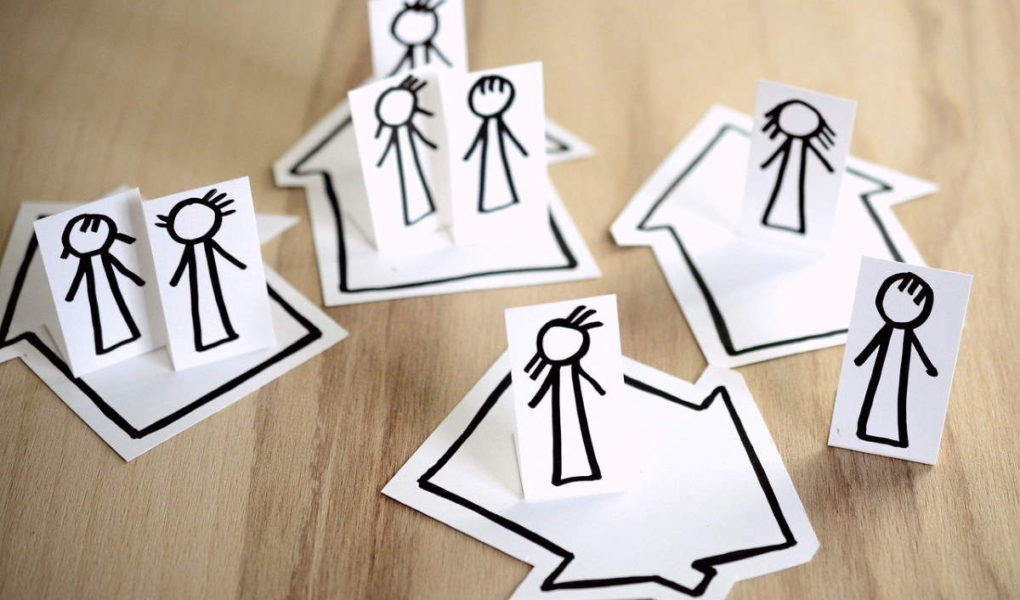The current social isolation requirements in many areas are causing many stresses for parents, especially those who are trying to juggle childcare, education and home working.
Leaving aside the natural stresses and strains of relationships with your partner, the fact you are trying to occupy your child(ren) and educate, combined with possible working arrangements too will mean that you are likely to frequently come into conflict with your children.
I’ve put together a few tips for helping reduce the frequency of these occurrences. These are general tips and if you need more specific advice then get in contact.
- Recognise your own stress, anxiety and emotions – so often when we react with an emotional response we do so because of pressures on us rather than our child’s emotions. Sometimes you need to take a deep breath and recognise that your reaction is yours, not down to their behaviour (believe me with a 3-year-old in the house I am using this a lot!).
- Pick your battles – again something I am practising quite a lot! Think about what is the bigger picture, if they are engaged and it is safe (and not dangerous or wrecking the house) you might chose to leave it. Expect bickering between siblings, just as they do not have a break from each. The same rule applies, sometimes you will need to address it and other times you need to let it go.
- Use physical exercise – children will feel pent up during this, even for those of us with access to gardens. Therefore, when things are feeling tense or overwhelming, consider an energy outlet. Even if you are keeping your child(ren) physically active they can still experience pent up energy by the confines of being housebound, so think about extra activities like treasure hunts.
- Simplify the expectations – many of us entered this period having the highest of expectations of sticking to some kind of daily timetable. In the pressures of trying to meet conflicting demands this may be unrealistic, so try having a smaller list of things to achieve each day, rather than a set timetable for your child.
- Now/next rather than timetables – it may help to move to a now/next system, rather than a set timetable (i.e. now we are doing this and next we will be doing that). By making the second task more desirable for your child, this has a built in reward, that if they do the former more quickly, they will get more time on the second.
This is an unprecedented time and as parents or carers we are often having to manage our own emotions, childcare, education and work all at the same time. This is bound to lead to occasional fraught times, but these should be occasional. If you feel that this is happening regularly, you feel out of control or overwhelmed or just don’t know what to do any more, then please get in touch for a consultation, it doesn’t need to be like that.



